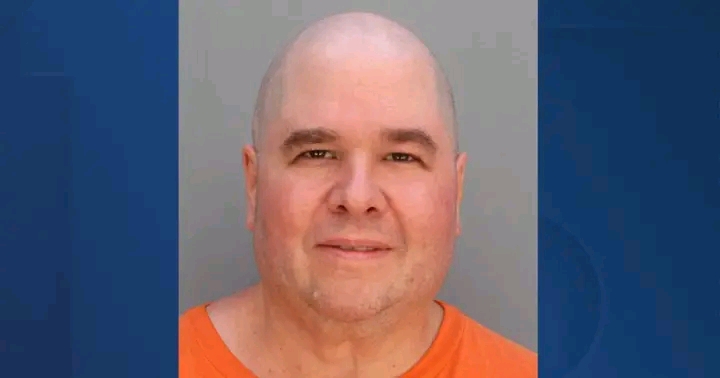United States — The United States continues to witness a significant number of court-ordered executions, with 35 men having been put to death so far this year. Early Friday, authorities carried out another execution, marking one more in a series of cases that highlight the ongoing and controversial use of capital punishment in the country. Seven additional executions are scheduled to take place later this month.
Officials confirmed that the latest execution followed all legal protocols, including judicial review and consideration of last-minute appeals. While proponents of the death penalty argue it serves as a deterrent and ensures justice for the most heinous crimes, critics have long questioned its morality and fairness, citing wrongful convictions and systemic biases.
The individual executed early Friday had been on death row for several years, a period during which multiple appeals and legal challenges were filed on his behalf. Such lengthy processes are common in capital cases, reflecting the gravity and irreversible nature of the punishment, as well as the complex legal safeguards designed to prevent miscarriages of justice.
In addition to the executions already carried out, seven more men are scheduled to face court-ordered death later this month. These pending cases have reignited public debate over the efficacy, fairness, and ethics of the death penalty, particularly in states where racial disparities and the possibility of wrongful convictions remain pressing concerns.
Each execution involves coordination among multiple authorities, including prison officials, medical personnel, and legal representatives. The condemned individuals are afforded opportunities to meet with spiritual advisors, legal counsel, and family members in their final hours, in accordance with federal and state protocols designed to ensure humane treatment.
The application of the death penalty varies widely across jurisdictions. While some states continue to maintain active death penalty statutes, others have halted executions or abolished the practice entirely. Federal executions remain rare but are permitted under specific statutes, particularly for murders committed in connection with other federal crimes.
Human rights organizations and advocacy groups have closely monitored this year’s executions, issuing statements condemning the practice and calling for reform. Critics argue that capital punishment is irreversible, disproportionately applied to marginalized groups, and fails to address the root causes of violent crime.
Families of the victims whose cases led to death sentences often have mixed emotions. While some find closure in seeing the legal system enforce the ultimate punishment, others grapple with continued grief and the moral complexities of state-sanctioned killing. Community reactions to executions often reflect broader societal divisions over justice and ethics.
The methods of execution, most commonly lethal injection, have also sparked legal and ethical debates. Challenges regarding the drugs used, procedural safeguards, and claims of cruel and unusual punishment have led to delays and legal scrutiny in several high-profile cases across the nation.
As the United States continues its use of court-ordered executions, the total of 35 deaths so far this year, along with seven scheduled for later in the month, underscores the persistent and polarizing role of the death penalty in American society. Authorities, advocacy groups, and the public remain deeply engaged in the ongoing conversation about justice, ethics, and the future of capital punishment.











